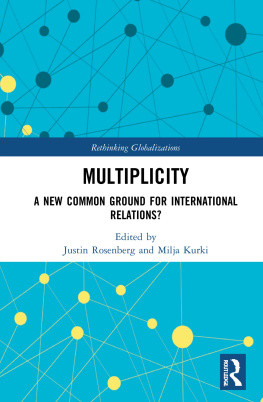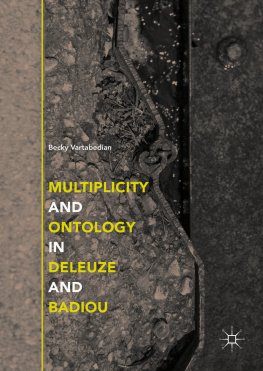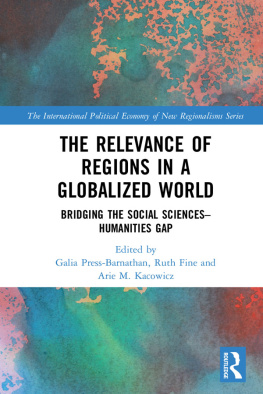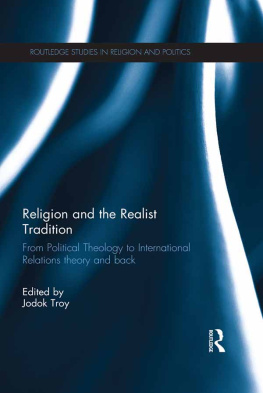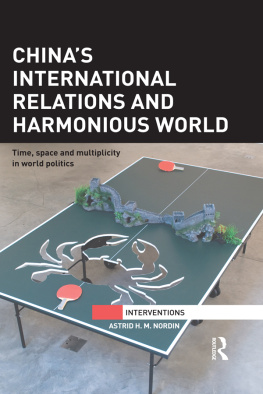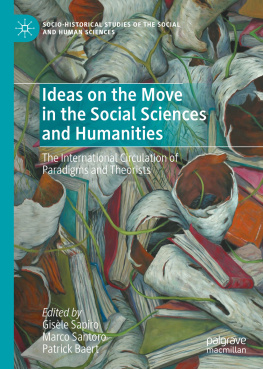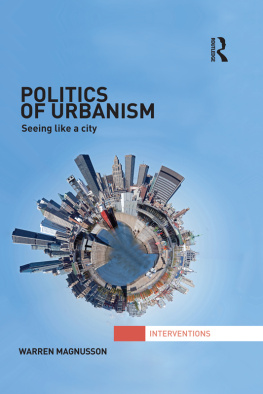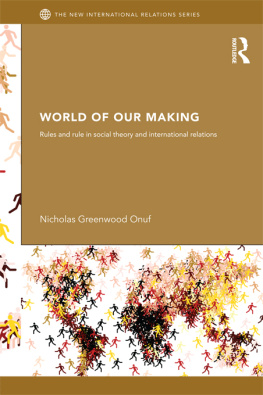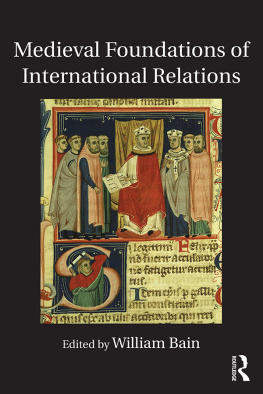New Directions in Uneven and Combined Development
This book introduces Uneven and Combined Development as an approach in international studies and showcases some of the latest and most innovative research in this field.
The theory of Uneven and Combined Development originated in the writings of Leon Trotsky. However, in recent years it has become the subject of flourishing literature in the discipline of International Relations, due to its unique ability to reintegrate social and international theory. The first and second generations of this literature were focused upon retrieving the idea, expanding it into a social theory of the international, and applying it to numerous empirical cases such as the rise of political Islam, the causes of the First World War and the Bolshevik Revolution, and even the origins of capitalism as a world system. In the present volume, a third generation has arrived which further extends the reach of UCD, connecting it in new and exciting ways to such subjects as ecology, macro-economic policy, culture, Science and Technology Studies, Comparative Literature, and even science-fiction.
The chapters in this book were originally published in the journal, the Cambridge Review of International Affairs.
Justin Rosenberg is Professor of International Relations at the University of Sussex. He is the author of The Empire of Civil Society (1994), The Follies of Globalisation Theory (2000), and numerous articles on Uneven and Combined Development.
Jack Brake is PhD candidate in Politics and International Studies at the University of Cambridge, and former Editor-in-Chief of the Cambridge Review of International Affairs.
Tatiana Pignon is PhD candidate in Politics and International Studies at the University of Cambridge, and Editor-in-Chief of the Cambridge Review of International Affairs.
Lucas de Oliveira Paes is Senior Research Fellow and Post-doctoral Researcher at the Norwegian Institute of International Affairs, as well as a former Editor-in-Chief of the Cambridge Review of International Affairs.
First published 2022
by Routledge
2 Park Square, Milton Park, Abingdon, Oxon, OX14 4RN
and by Routledge
605 Third Avenue, New York, NY 10158
Routledge is an imprint of the Taylor & Francis Group, an informa business
Introduction, 2022 Department of Politics and International Studies
Chapter 2 2021 Joseph Leigh. Originally published as Open Access.
With the exception of Chapter 2, no part of this book may be reprinted or reproduced or utilised in any form or by any electronic, mechanical, or other means, now known or hereafter invented, including photocopying and recording, or in any information storage or retrieval system, without permission in writing from the publishers. For details on the rights for Chapter 2, please see the chapters Open Access footnote.
Trademark notice: Product or corporate names may be trademarks or registered trademarks, and are used only for identification and explanation without intent to infringe.
British Library Cataloguing-in-Publication Data
A catalogue record for this book is available from the British Library
ISBN13: 978-1-032-15269-1 (hbk)
ISBN13: 978-1-032-15271-4 (pbk)
ISBN13: 978-1-003-24337-3 (ebk)
DOI: 10.4324/9781003243373
Typeset in Palatino LT Std
by codeMantra
Publishers Note
The publisher accepts responsibility for any inconsistencies that may have arisen during the conversion of this book from journal articles to book chapters, namely the inclusion of journal terminology.
Disclaimer
Every effort has been made to contact copyright holders for their permission to reprint material in this book. The publishers would be grateful to hear from any copyright holder who is not here acknowledged and will undertake to rectify any errors or omissions in future editions of this book.
Contents
Citation Information
Notes on Contributors
Introduction: Results and prospects: an introduction to the CRIA Special Issue on UCD
Justin Rosenberg
PART I New directions in UCD
1 The greening of uneven and combined development: IR, capitalism and the global ecological crisis
Johanna Siebert
2 Geoculture and unevenness: Occidentalism in the history of uneven and combined development
Joseph Leigh
3 National adequation and critical originality in the work of Antonio Candido
Roberto Schwarz, Nicholas Brown and Justin Rosenberg
4 Worlds beyond capitalism: images of uneven and combined development in Kim Stanley Robinsons Mars trilogy
Luke Cooper
5 Uneven and combined development: convergence realism in communist regalia?
David Blagden
6 Of economic whips and political necessities: a contribution to the international political economy of uneven and combined development
Felipe Antunes de Oliveira
7 Imposing evenness, preventing combination: charting the international dynamics of socio-technical imaginaries of innovation in American foreign policy
Daniel R. McCarthy
PART II Forum on UCD and international political economy
8 UCD and IPE: an introduction to the forum
Justin Rosenberg
9 Regaining relevance: IPE and a changing global political economy
Thomas Oatley
10 Uneven and combined development, international political economy, and world-systems analysis
Robert A. Denemark
11 The internationalization of the state versus the causality of the international
Leo Panitch and Sam Gindin
PART III UCD and international relations theory
12 Multiplicity, group identity and the spectre of the social
Dabney Waring
13 Rewiring unevenness: the historical sociology of late modernization beyond the West/East duality
Yavuz Tylolu
14 The public-private distinction in the shadow of China: uneven and combined developments critique of liberal IR theory?
Darius AZami and Xin Liu
15 Uneven and combined development: a defense of the general abstraction
Justin Rosenberg
Index
Citation Information
The following chapters, except for were originally published in various issues of the same journal. When citing this material, please use the original citations and page numbering for each article, as follows:
- Introduction
- Results and prospects: an introduction to the CRIA Special Issue on UCD
- Justin Rosenberg
- Cambridge Review of International Affairs, volume 34, issue 2 (2021) pp. 146163
- Chapter 1
- The greening of uneven and combined development: IR, capitalism and the global ecological crisis
- Johanna Siebert
- Cambridge Review of International Affairs, volume 34, issue 2 (2021) pp. 164185
- Chapter 2
- Geoculture and unevenness: Occidentalism in the history of uneven and combined development
- Joseph Leigh
- Cambridge Review of International Affairs, volume 34, issue 2 (2021) pp. 186206
- Chapter 3
- National adequation and critical originality in the work of Antonio Candido
- Roberto Schwarz, Nicholas Brown and Justin Rosenberg
- Cambridge Review of International Affairs, volume 34, issue 2 (2021) pp. 207227
- Chapter 4
- Worlds beyond capitalism: images of uneven and combined development in Kim Stanley Robinsons

